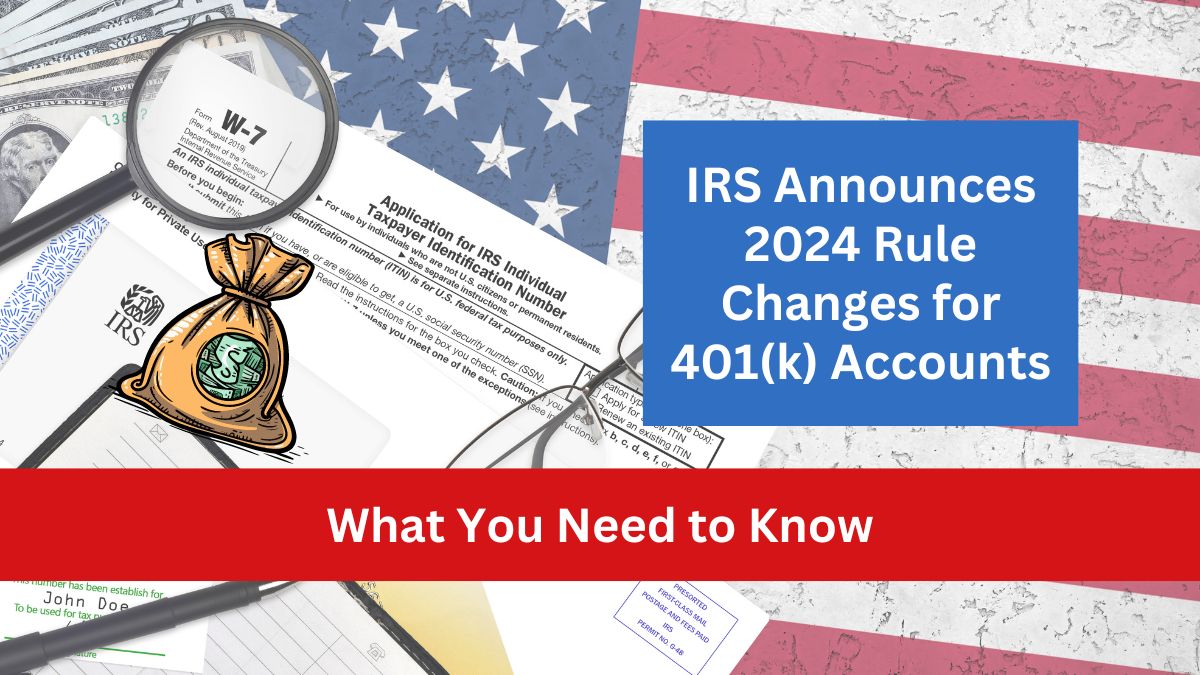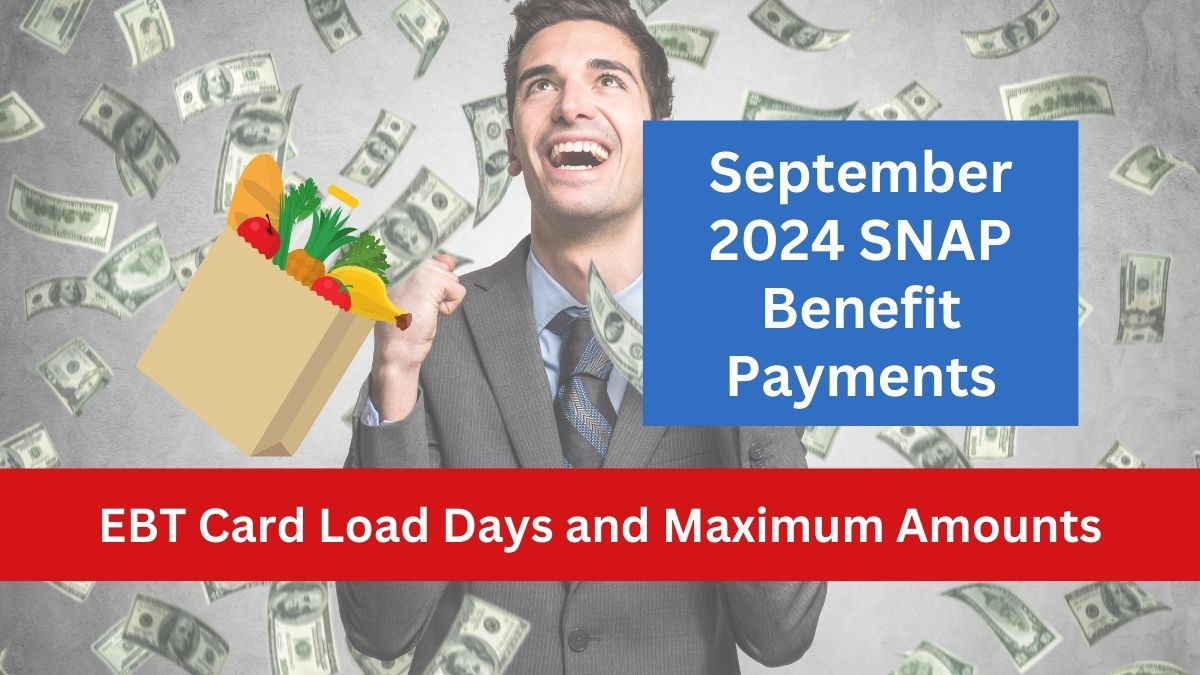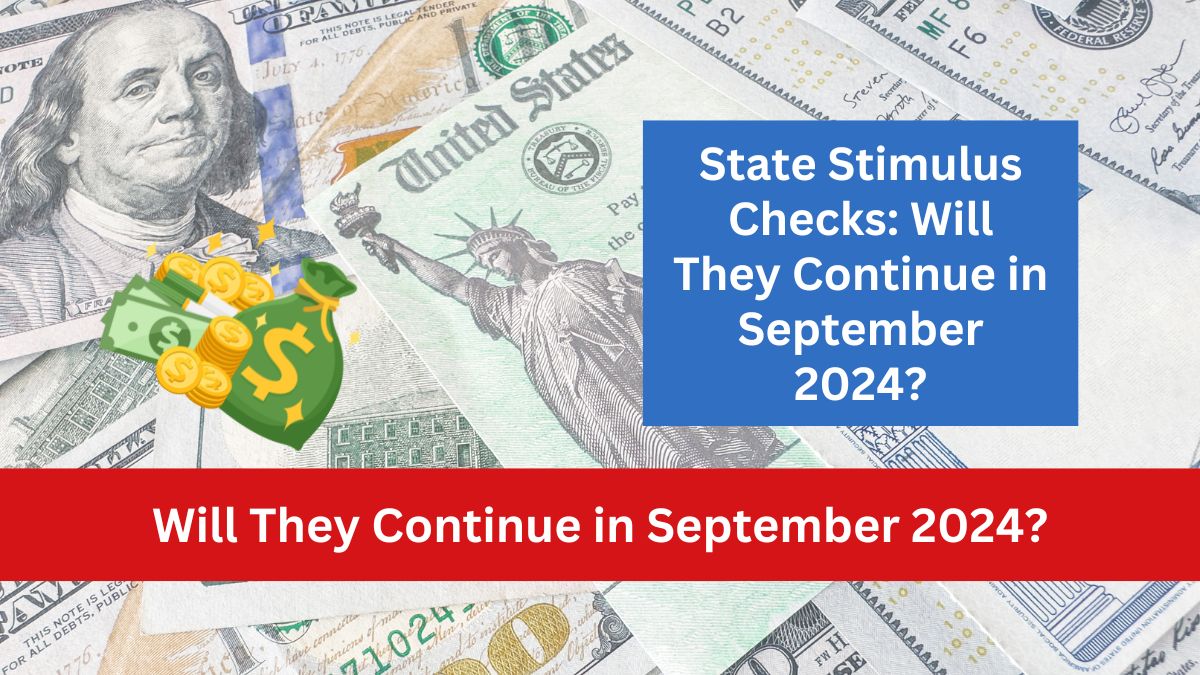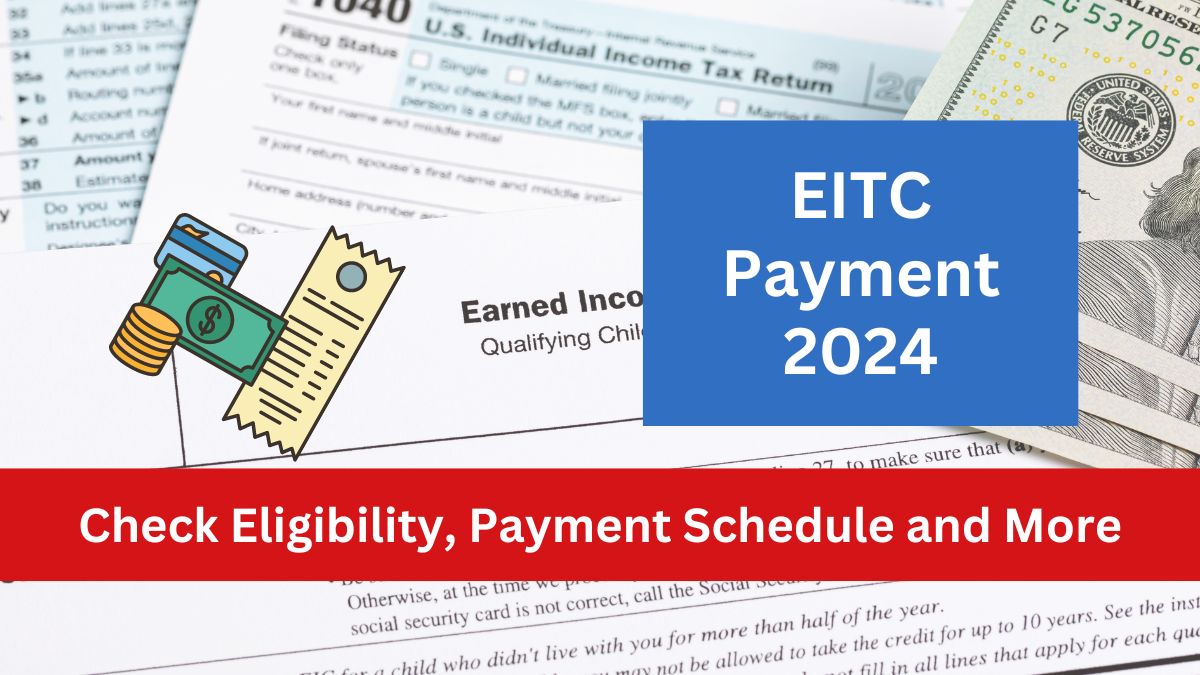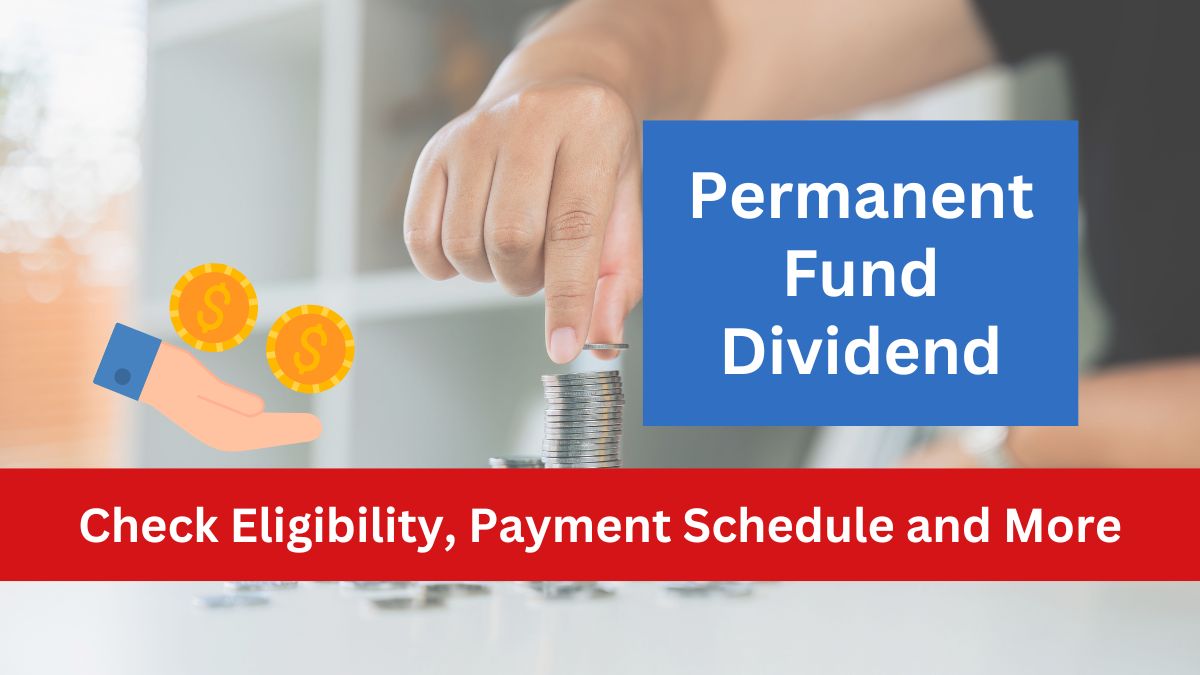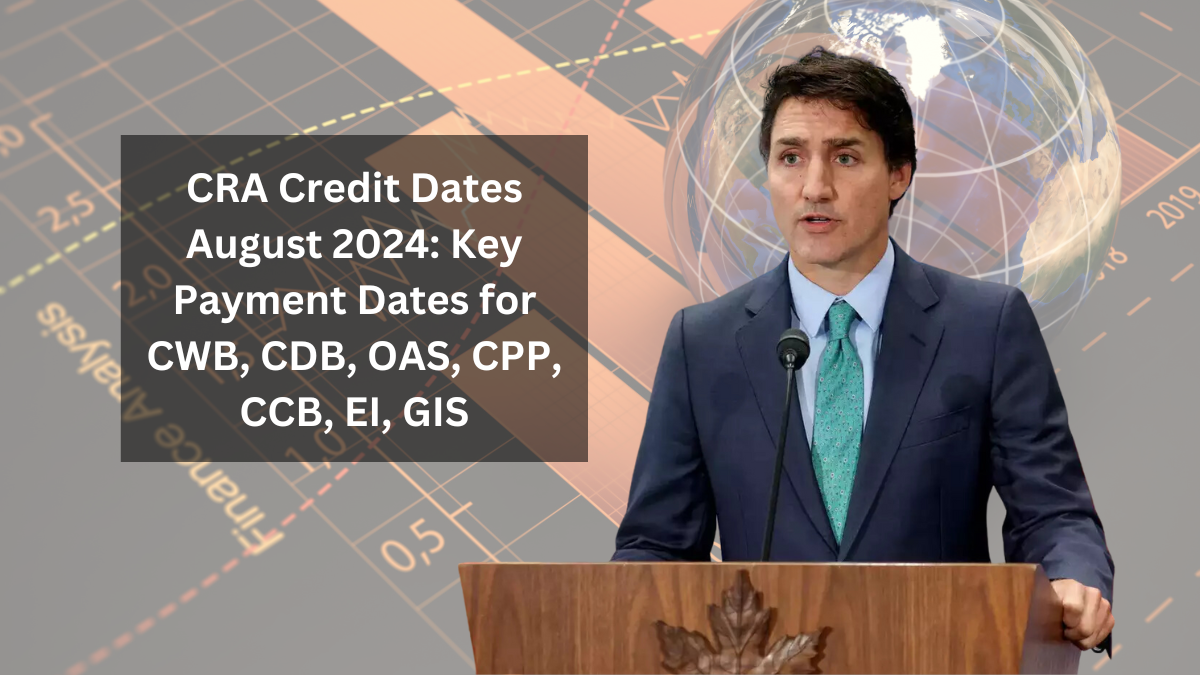The Internal Revenue Service (IRS) recently announced significant changes to the rules governing 401(k) retirement accounts. These changes, part of the SECURE 2.0 Act, aim to provide more flexibility for individuals needing emergency funds while preserving the long-term benefits of retirement savings. Understanding these updates is crucial for anyone managing a 401(k), as they directly impact how and when you can access your retirement funds without penalties.
Key Changes in 401(k) Rules by IRS

1. New Emergency Withdrawal Option
One of the most notable changes is the introduction of a new emergency withdrawal option. Under this new rule, individuals can withdraw up to $1,000 from their 401(k) accounts without facing the usual 10% early withdrawal penalty. However, this is only applicable if the funds are used for specific emergency expenses such as medical care, funeral arrangements, or urgent car repairs.
2. Withdrawal Criteria and Conditions
While this rule provides more flexibility, it comes with specific conditions. The emergency withdrawal must be justified by the situation, and individuals will need to provide evidence of the emergency. Moreover, the withdrawn amount must be repaid within three years to avoid any penalties or taxes.
3. Account Balance Requirement
To be eligible for this penalty-free withdrawal, your 401(k) account must maintain a minimum balance of $1,000 even after the withdrawal. This ensures that the account remains viable for future growth and retirement planning.
Impact of the IRS Rule Change
1. Encouraging Early Savings
These changes encourage individuals to save early and consistently. By allowing penalty-free emergency withdrawals, the IRS acknowledges the need for immediate financial relief without undermining long-term savings goals.
2. Increased Financial Flexibility
The rule changes provide greater financial flexibility, especially for those facing unexpected expenses. The ability to access retirement funds without penalties can be a significant relief in times of crisis, making the 401(k) a more versatile financial tool.
Detailed Table of Changes
| Change | Previous Rule | New Rule (2024) |
|---|---|---|
| Penalty-Free Emergency Withdrawal | 10% penalty for early withdrawal before 59½ years old | Up to $1,000 withdrawal without penalty for emergencies |
| Repayment Period | Not applicable | Withdrawn amount must be repaid within 3 years |
| Account Balance Requirement | No minimum balance required | Minimum $1,000 balance required post-withdrawal |
| Eligibility for Hardship Distributions | Limited to employee’s elective contributions | Includes earnings on contributions since 2019 |
How to Utilize the New Rule
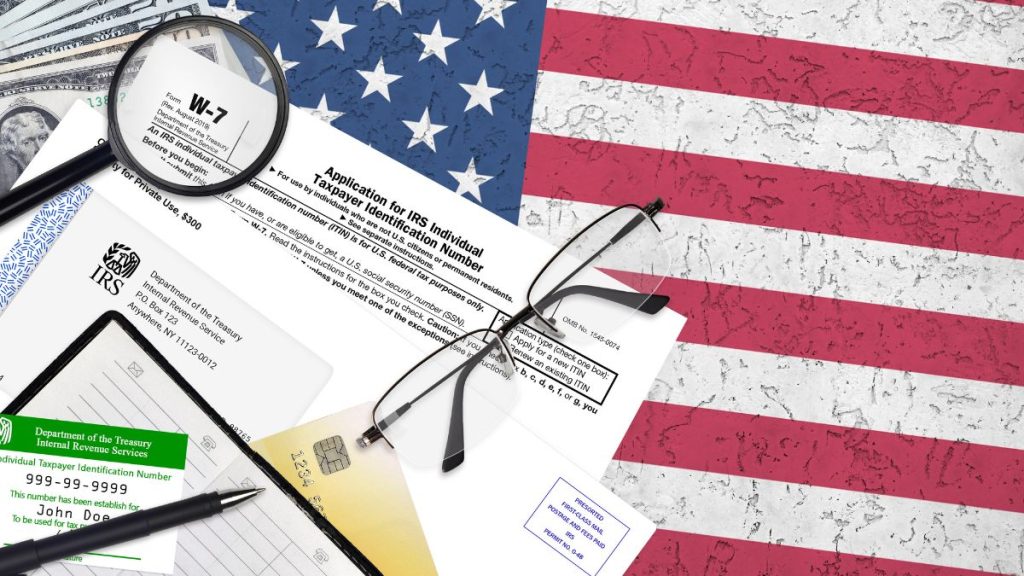
To make the most of this new rule, individuals should carefully consider the necessity of any emergency withdrawals. While the rule allows for greater financial flexibility, it is still essential to prioritize long-term retirement goals. If you do need to withdraw, make sure to have a repayment plan in place to avoid penalties.
Conclusion
The IRS’s recent changes to 401(k) rules represent a significant shift in how retirement funds can be accessed in emergencies. By allowing penalty-free withdrawals under specific circumstances, the IRS is providing much-needed flexibility while encouraging continued retirement savings. It is crucial to stay informed and plan accordingly to make the most of these changes while safeguarding your financial future.
FAQs
1. What is the new IRS rule for 401(k) withdrawals in 2024?
The new rule allows individuals to withdraw up to $1,000 from their 401(k) accounts for emergencies without incurring the 10% early withdrawal penalty.
2. What qualifies as an emergency for a penalty-free 401(k) withdrawal?
Emergencies such as medical care, funeral costs, or urgent car repairs qualify for this penalty-free withdrawal.
3. Do I need to repay the withdrawn amount from my 401(k)?
Yes, the withdrawn amount must be repaid within three years to avoid penalties.
4. Is there a minimum balance required in my 401(k) after an emergency withdrawal?
Yes, your 401(k) must maintain a minimum balance of $1,000 after the withdrawal.
5. How does this change affect my retirement savings?
The change provides flexibility for emergency situations without significantly impacting long-term retirement goals, as long as the funds are repaid.
